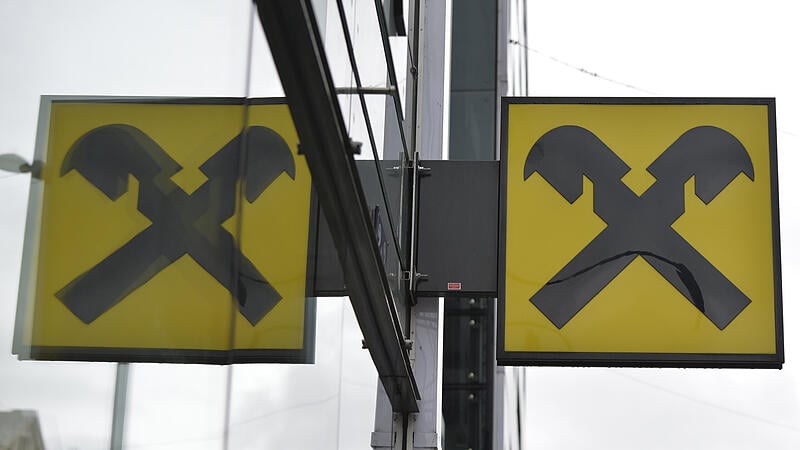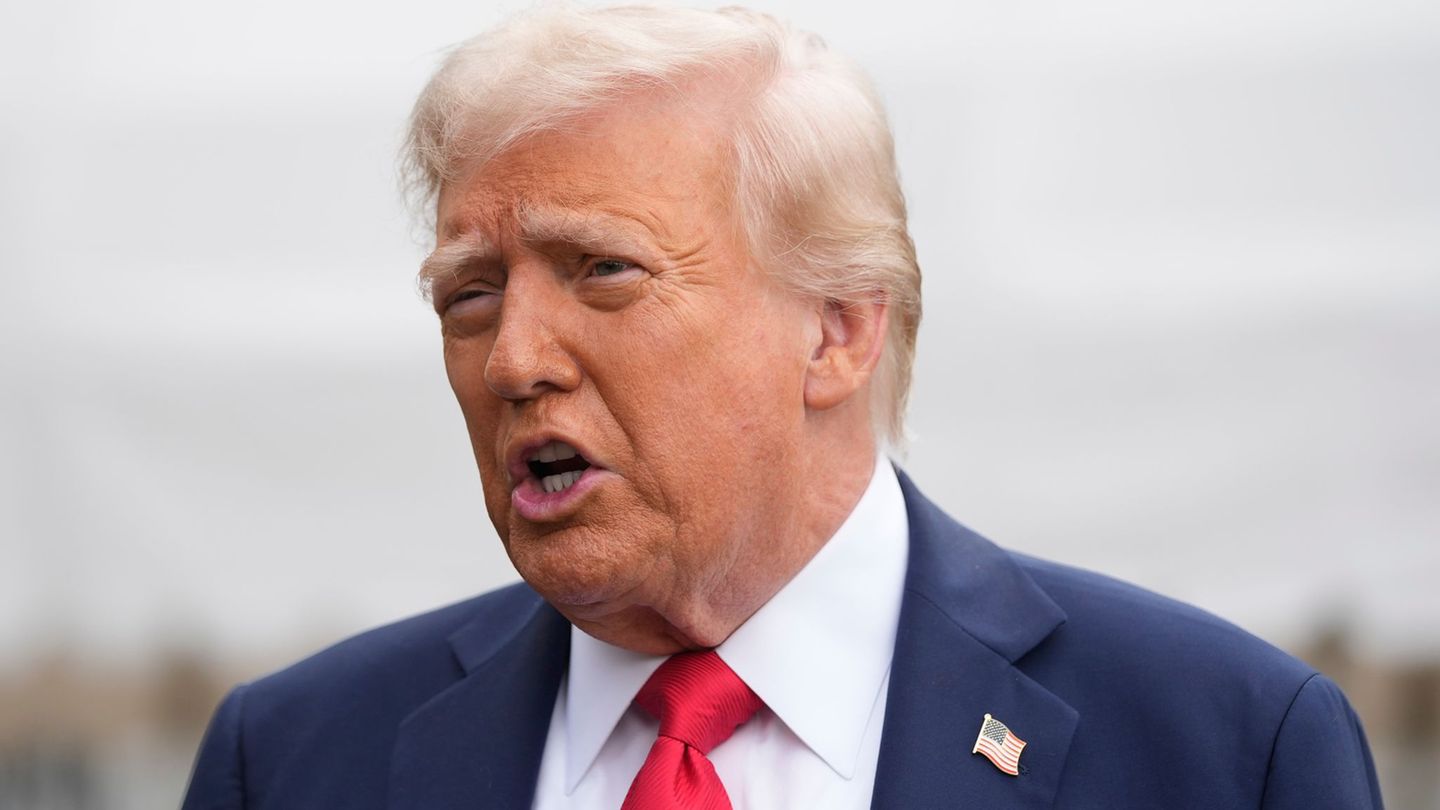Image: HERBERT NEUBAUER (APA)
The bank received a letter from the US agency Office of Foreign Assets Control (OFAC) in January, the bank confirmed on Friday information that the Reuters news agency had previously received from two insiders.
Ofac is a department of the US Treasury Department responsible for monitoring and implementing sanctions against Russia, which declined to comment on the information.
“questions of a general nature”
“The questions asked by OFAC are of a general nature and aim to clarify RBI’s payments business and related processes in light of recent developments regarding Russia and Ukraine,” a bank spokesman said in a written statement to Reuters. The bank was informed that the US agency’s request was not triggered by a specific transaction or business activity.
RBI also told Reuters it is fully cooperating and has processes in place to ensure it complies with sanctions. “RBI is fully cooperating with OFAC in relation to their request and is confident that the information provided to OFAC will satisfy their request,” the bank said.
Active in Russia for 30 years
Raiffeisen Bank International, which has been active in Russia for almost 30 years, is deeply embedded in the country’s financial system and, along with Italy’s UniCredit, is one of two foreign banks on the list of 13 systemically important credit institutions. For about eleven months, the Vienna-based bank has been examining all strategic options, including an exit from Russia. RBI is Austria’s second largest bank and one of the largest lenders in Eastern Europe. Last year, business in Russia accounted for more than half of the Viennese money house’s billions in profits. However, the RBI cannot withdraw profits from Russia due to the sanctions.
In 2006, the Austrians took over the Russian Impexbank, which focused on business with private customers and small and medium-sized businesses, for around 450 million euros. Today, RBI operates 127 branches in the country and serves 3.2 million customers. Ukraine, where the bank also has hundreds of branches, is putting massive pressure on the bank to turn its back on Russia. A credit moratorium for Russian soldiers, to which banks operating in Russia have been legally obliged since September, caused a stir.
Are there consequences now?
A person familiar with the matter told Reuters the US agency had asked for a response to the letter by February. Raiffeisen asked for an extension of the deadline and promised to answer the request in three steps – in early April, in May and in June. Basically, according to the insider, the US authority is at an early stage of the investigation. “The question is whether it remains a review measure without serious consequences or whether something more serious is imminent,” the insider said. The US could enforce possible sanctions and deny a bank access to the US dollar.
OFAC has so far sanctioned five major Russian banks, including state-backed Sberbank, as well as wealthy individuals and their families. It imposed full lockdown sanctions on Sberbank, essentially cutting off the Russian money house from the US financial system. In 2018, it imposed sanctions on Latvia’s ABLV Bank, the country’s third largest bank, over concerns about illegal activities linked to Azerbaijan, Russia and Ukraine, leading to the bank’s liquidation.
fines and warnings
The authority can impose fines and issue warnings in the event of violations of sanctions. The most aggressive sanctions tool is the freezing of US assets. Business lawyer and sanctions expert Viktor Winkler said it is common for OFAC to request information from international banks. This does not automatically lead to sanctions.
Just a few days ago, a senior US government official announced that he would take more action against banks with links to Russia: “We are looking at other banks and financial institutions to see how Russia is financially connected to the outside world,” said James O ‘Brien, the US State Department’s sanctions coordination officer, told Reuters. According to O’Brien, around 80 percent of the assets in the Russian banking sector have already been fixed. “It is quite possible that there will be more measures.”
more from economy




